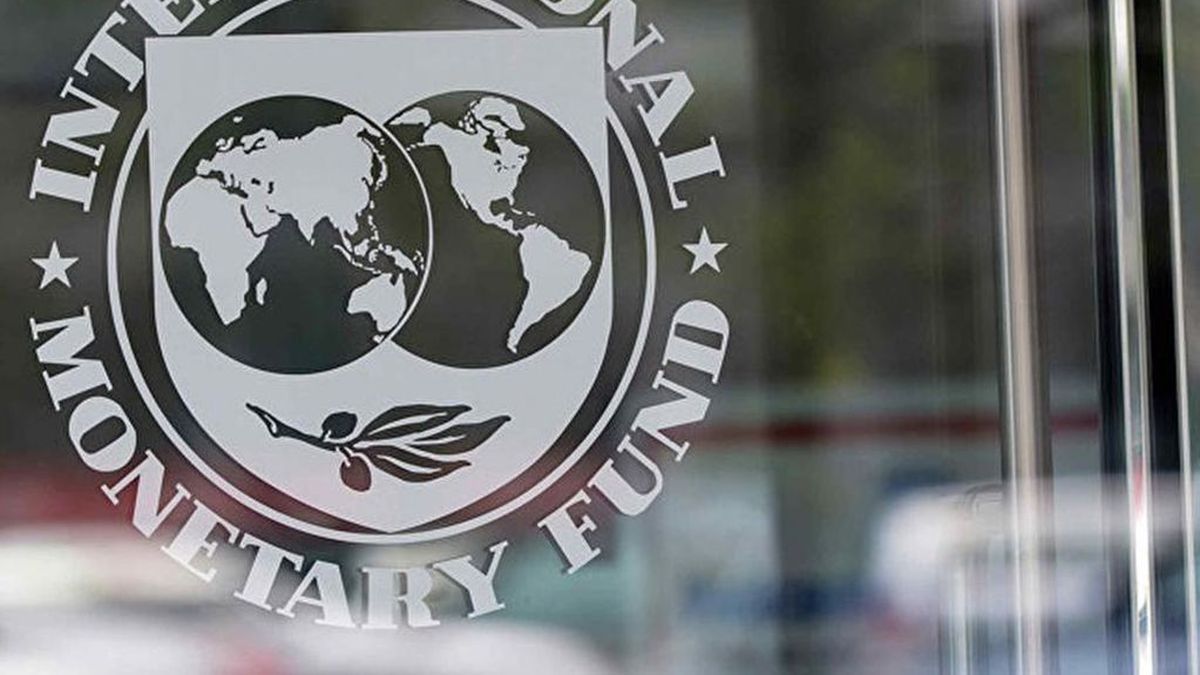Only with a minimum of 85% of the guarantees could the Fund’s line technicians be authorized to apply a payment plan for the country outside of the only mechanisms authorized by the organization’s charter: standby and Extended Facilities , both in all possible variables. Since what the country is proposing is an alteration of the norms, only a vote of more than 85% could endorse the request. With this, sooner or later, Alberto Fernández will have to resolve face to face (via video call) with Joe Biden, the support of the United States on the board. This country holds 16.74% of the shares, so without this guarantee it would be impossible for the intention to (slightly) alter the IMF Organic Charter to be possible. And this is necessary, since from what is known, the Extended Facilities that are being discussed would have alterations with respect to what is written in the internal regulations of the organization, and only with the support of the maximum board could these changes be reconfigured. More taking into account the close experience of the last IMF negotiators (Alejandro Werner, Roberto Cardarelli and company), who after signing a stand by outside the statutes, ended up ejected from their positions.
In conclusion, and following a maxim of “Albertismo”, “with the United States it is not enough, but without the United States it is not possible”. According to the numbers that are made in the Palacio de Hacienda, if a call from Alberto Fernández achieved this support, the country would already exceed the 85% necessary and would reach almost 90% of the votes. The only thing left in doubt would be what Japan (6% of the votes), the Nordic countries (3.43%) and other European states would do, traditionally reluctant to support the country (they did not do so in Macri’s time either).
On the topic of board votes, the situation is clearly marked. Each sovereign state has a percentage of votes depending on its GDP; reserves and direct contributions to the functioning of the organism. Any normal agreement (stand by or Extended Facilities) is approved with a minimum percentage of 70%; but a majority of 85% is needed for special plans or changes to the Organic Charter. Recently, this majority was necessary in cases such as the Greek crisis of 2010 and that of Portugal in 2011.
The need to achieve that percentage was what played against Argentina in 2001, when the last disbursement committed in the current agreement was disapproved in the board of directors due to the refusal of the United States to endorse the proposal (on the direct recommendation of the number two of those years, Anne Krueger); as well as the approval of the pact of 2003 when Néstor Kirchner negotiated directly with George Bush a quota plan outside the existing treaties.
Source: Ambito
David William is a talented author who has made a name for himself in the world of writing. He is a professional author who writes on a wide range of topics, from general interest to opinion news. David is currently working as a writer at 24 hours worlds where he brings his unique perspective and in-depth research to his articles, making them both informative and engaging.




